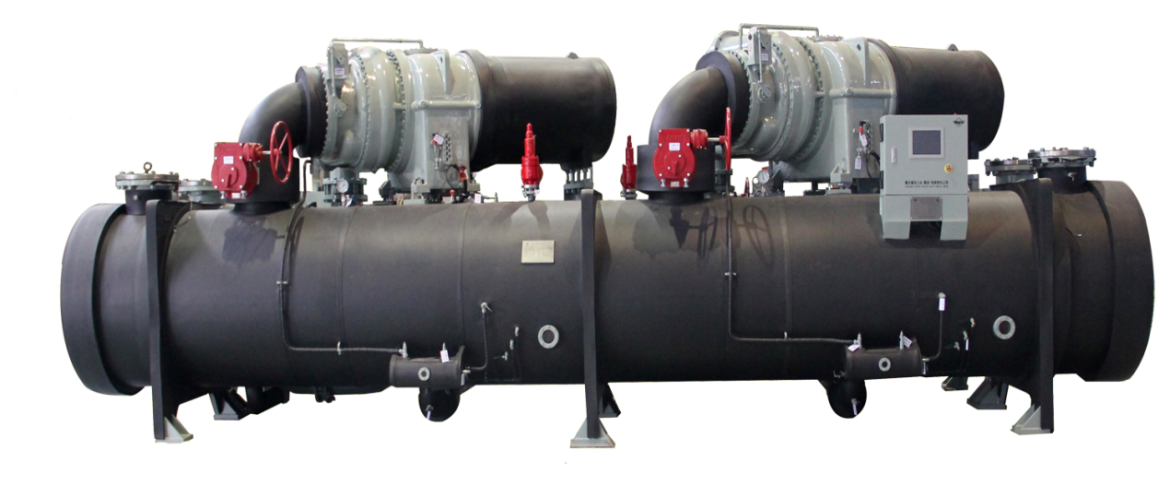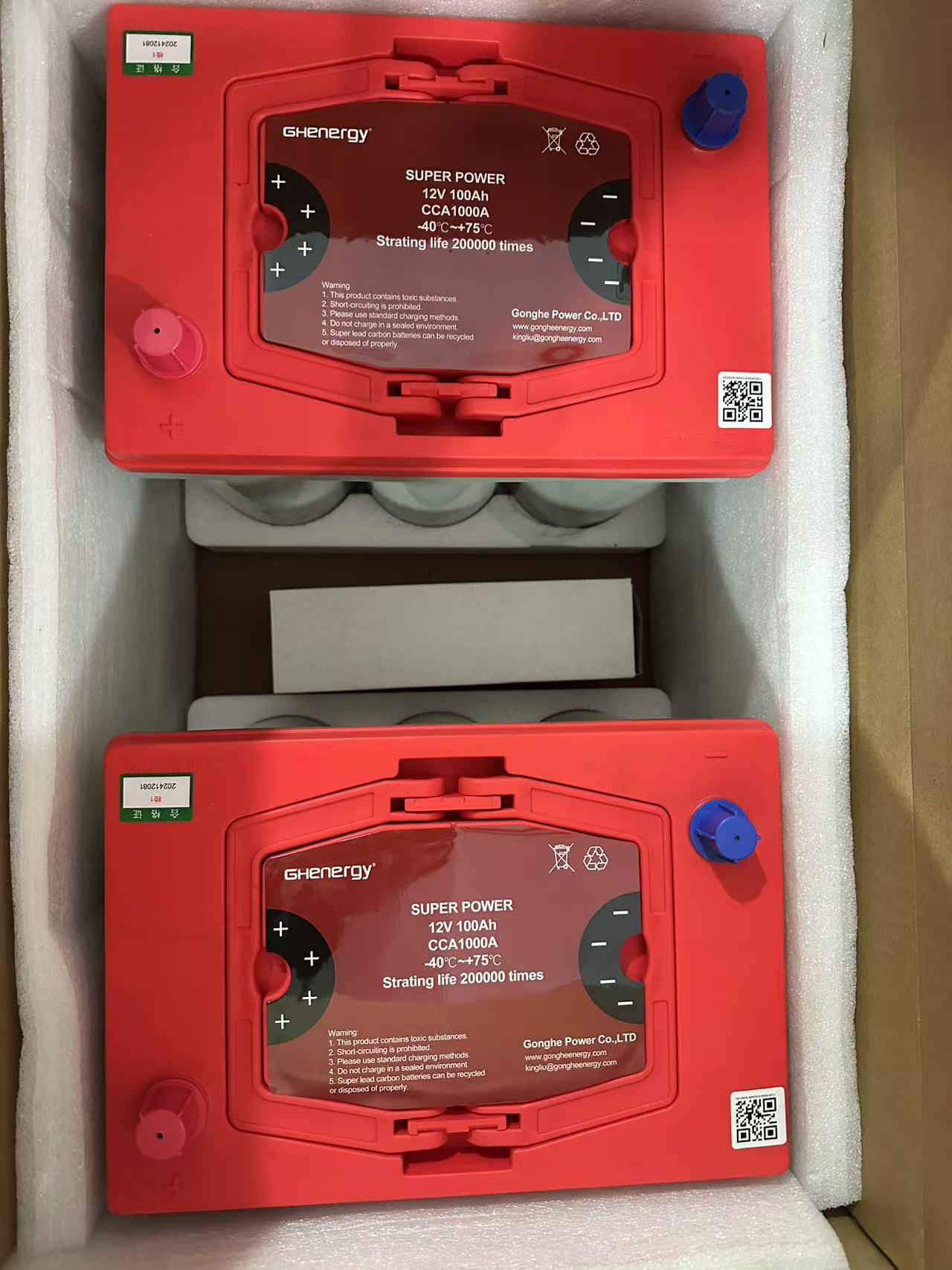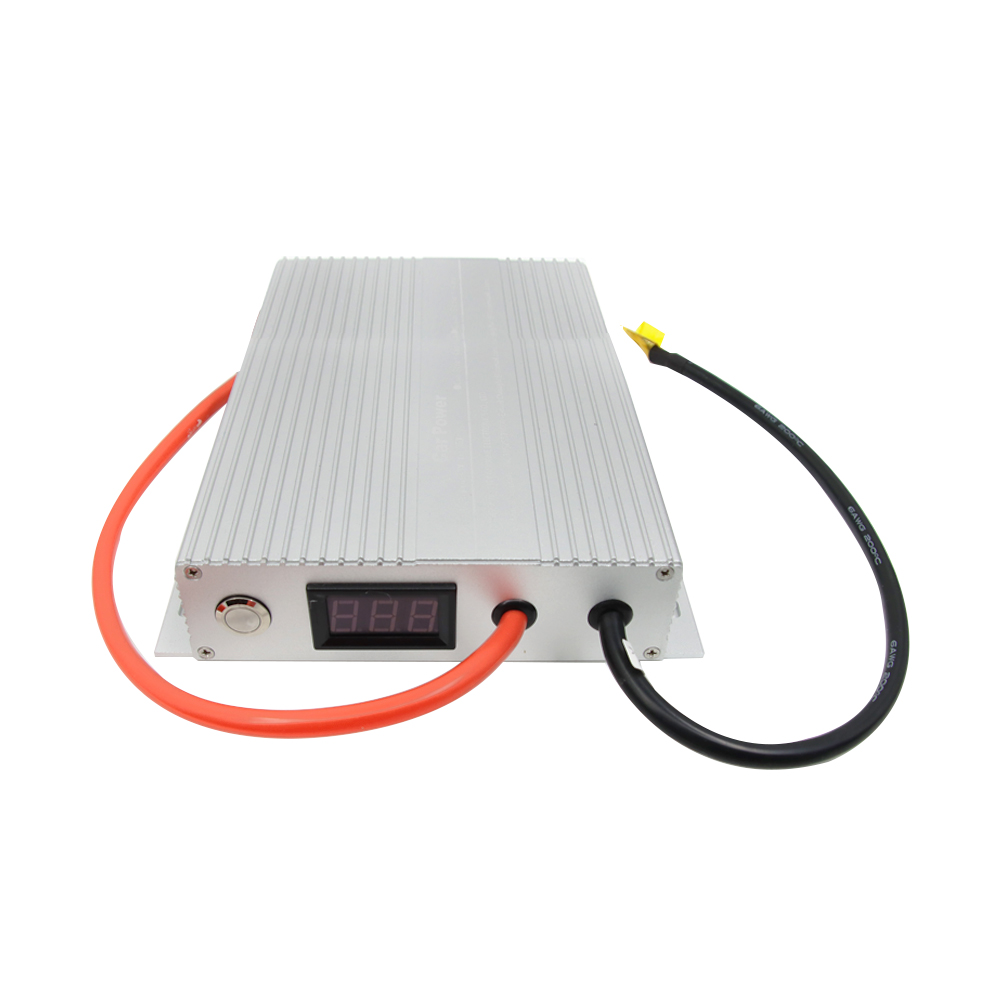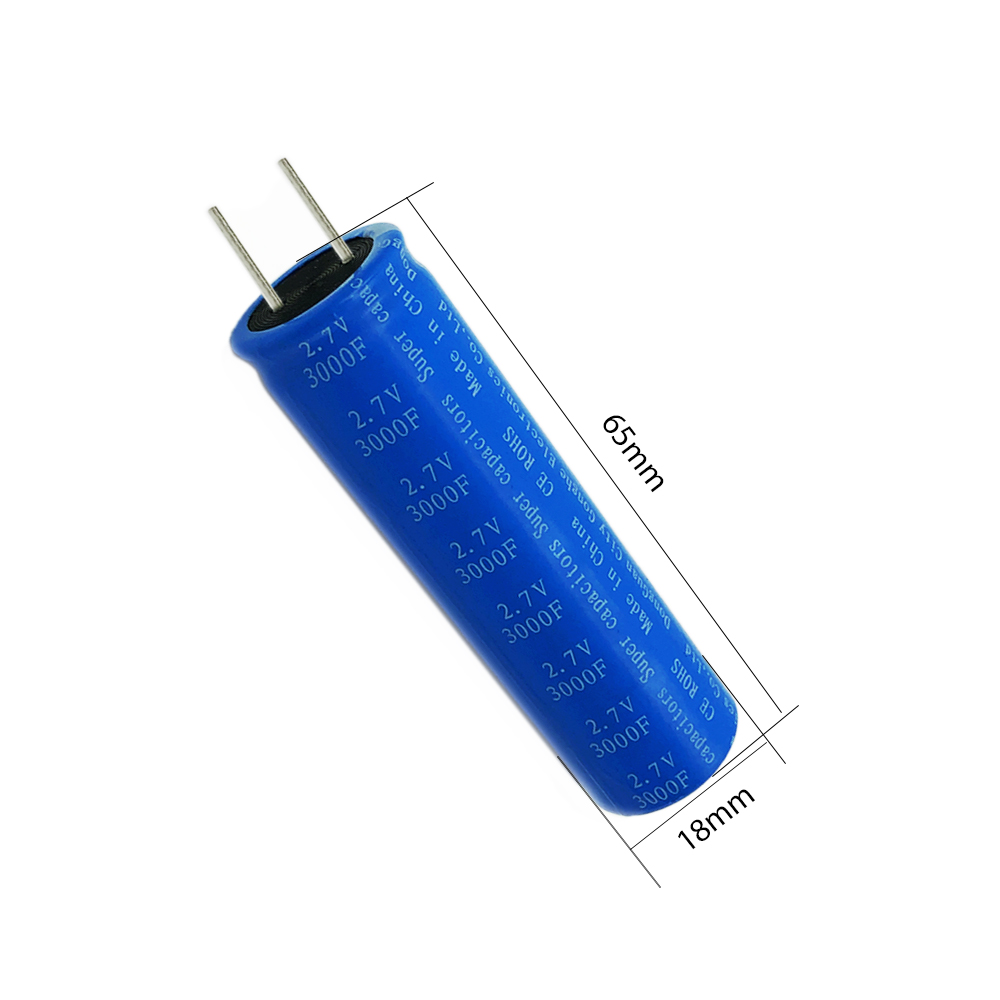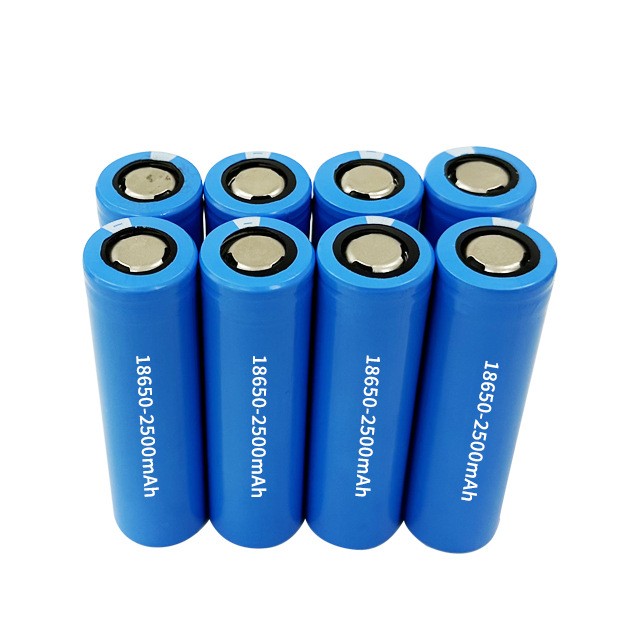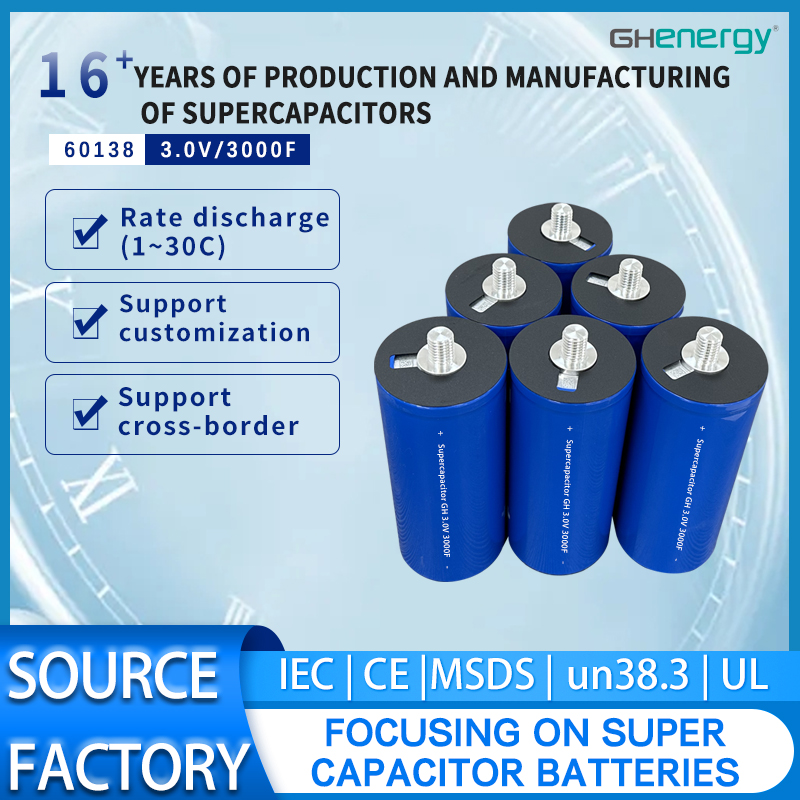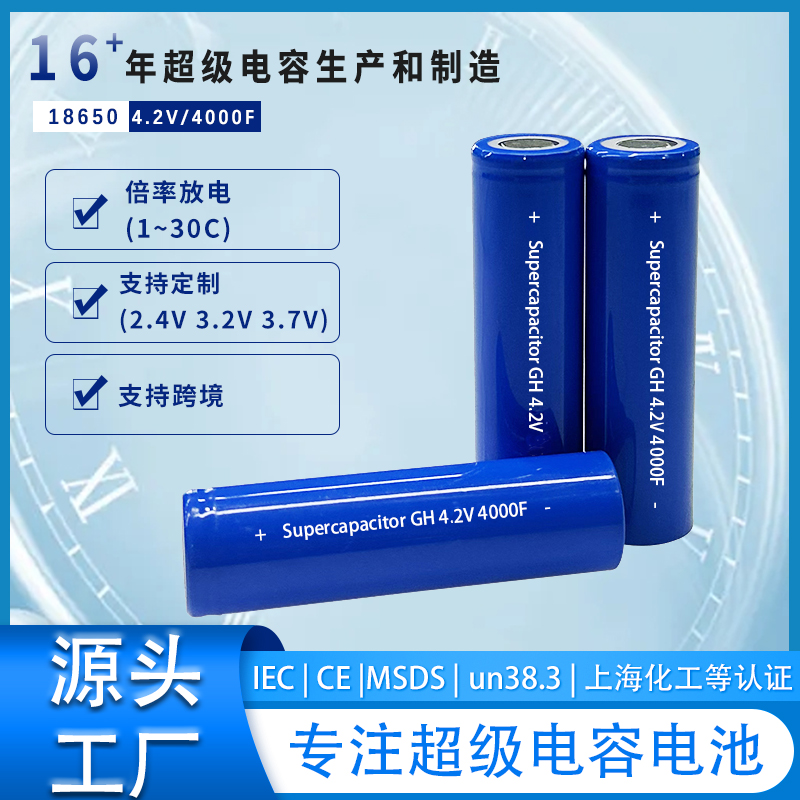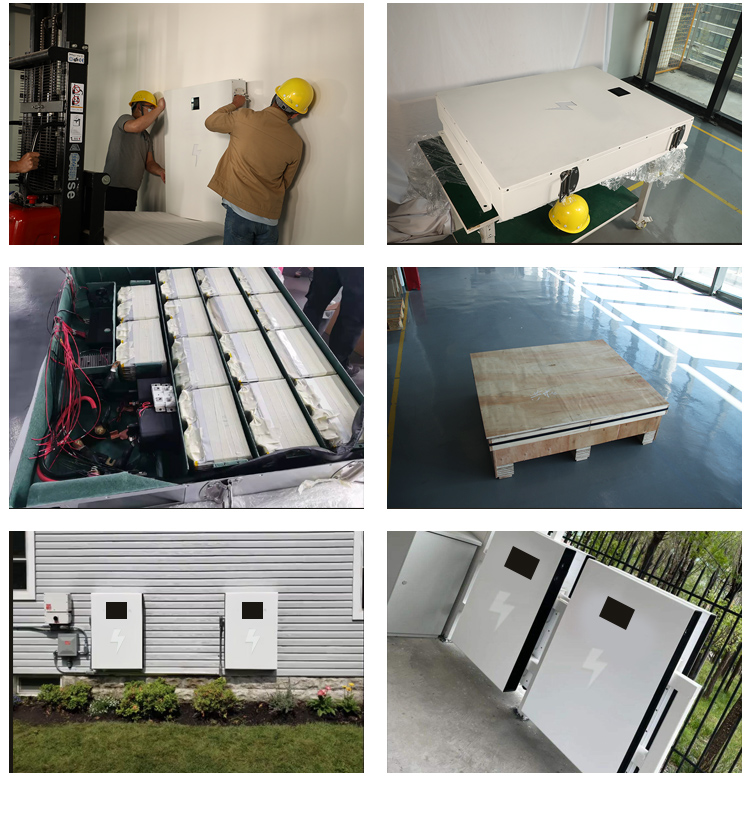Wedoany.com Report-Dec 24,The International Atomic Energy Agency says Ghana is committed to the "continuous improvement of nuclear and radiation safety" and urges the government to ensure the independence of the country's Nuclear Regulatory Authority.
This was the first Integrated Regulatory Review Service mission to Ghana, and took place from 25 November to 4 December with a team of 14 experts from 13 countries plus three IAEA staff members. It was requested by Ghana's government and its aim was a peer review of the "legal and regulatory framework for nuclear, radiation, radioactive waste and transport safety as well as the interface between safety and nuclear security".
The Integrated Regulatory Review Service team spent time with the management and staff of the Nuclear Regulatory Authority (NRA) and staff from the ministries of energy and environment, science, technology and innovation. They visited the GHARR-1 research reactor and the radioactive waste management centre.
In its findings highlighting Ghana's commitment to safety, it noted that the NRA was an independent regulatory authority and the country had initiated "the strengthening of the regulatory framework for nuclear and radiation safety through the development of regulations and guides" and provided "support and advocacy for the NRA, through the provision of financial and human resources commensurate with the current national nuclear and radiation programme".
The mission team said the primary challenge was "the completion and issuance of regulations and guides to support the consistent and stable implementation of the National Regulatory Act", and recommendations included that the government "establish and implement national policies and strategies for safety and for radioactive waste management" and "establish and implement an enforcement policy and process, including criteria for corrective actions, for responding to non-compliance with regulatory requirements".
Thiagan Pather, mission Team Leader from the National Nuclear Regulator in South Africa, said: "The efforts and constructive engagement of NRA staff during the peer review process enabled the IRRS team to gain a comprehensive understanding of Ghana’s regulatory framework. As a country with ambitions for a nuclear power programme, it is important that the Government of Ghana and the Nuclear Regulatory Authority work together to deliver the improvements identified during the mission."
Aba Bentil Andam, NRA Board Chairperson, said: "The mission has provided the NRA with a clear understanding of the state of its regulatory infrastructure with reference to the IAEA Safety Standards. The results of the mission will be helpful to the NRA in its quest to improve the nuclear and radiation safety infrastructure to adequately ensure the protection of people and the environment."
Hildegarde Vandenhove, Director of the IAEA Division of Radiation, Transport and Waste Safety, said: "I am confident that the recommendations and suggestions by the IRRS review mission will be implemented by Ghana to strengthen their national regulatory framework for safety, and they intend to invite the IAEA for a follow-up mission within the next few years."
The final report of the mission will be provided to Ghana's government in about three months. Ghana has been developing plans for both gigawatt-scale nuclear power capacity and small modular reactors. It already uses nuclear and radiation technologies in healthcare, agriculture, research and industry.
